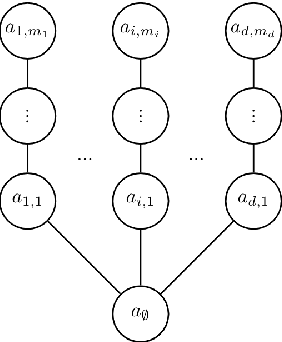Bayesian Persuasion for Algorithmic Recourse
Paper and Code
Dec 12, 2021


When subjected to automated decision-making, decision-subjects will strategically modify their observable features in ways they believe will maximize their chances of receiving a desirable outcome. In many situations, the underlying predictive model is deliberately kept secret to avoid gaming and maintain competitive advantage. This opacity forces the decision subjects to rely on incomplete information when making strategic feature modifications. We capture such settings as a game of Bayesian persuasion, in which the decision-maker sends a signal, e.g., an action recommendation, to a decision subject to incentivize them to take desirable actions. We formulate the decision-maker's problem of finding the optimal Bayesian incentive-compatible (BIC) action recommendation policy as an optimization problem and characterize the solution via a linear program. Through this characterization, we observe that while the problem of finding the optimal BIC recommendation policy can be simplified dramatically, the computational complexity of solving this linear program is closely tied to (1) the relative size of the decision-subjects' action space, and (2) the number of features utilized by the underlying predictive model. Finally, we provide bounds on the performance of the optimal BIC recommendation policy and show that it can lead to arbitrarily better outcomes compared to standard baselines.
 Add to Chrome
Add to Chrome Add to Firefox
Add to Firefox Add to Edge
Add to Edge